Jenni Murray asks how much is too much to leave to our children
Our columnist on the challenge of making a will and whether we should instead be spending our money on ourselves.

Our columnist on the challenge of making a will and whether we should instead be spending our money on ourselves.

No doubt those of us who have children, whether fabulously wealthy, doing OK or struggling to get by, all want to do our best for them, not just now, but later too, when we’re gone.
For me it’s meant endless research on how to minimise legally the amount of inheritance tax they’ll have to pay on the relatively meagre amount they’ll receive from my husband and me.
There are two houses, both around the £700,000 mark, a couple of Minis, a few good pictures, some decent furniture and a reasonable amount of cash, which I hope to have enough time left to spend on myself.
Our wills have been drawn up carefully. Whichever of us goes first leaves everything to the remaining spouse. After the death of the remaining partner everything goes to our two sons, divided equally between them. They won’t become wealthy, but might be able to afford a slightly better house each than the ones they own now.
I’m hoping we’ve done everything possible to keep them as comfortable as they were when they lived with us and perhaps a little more comfortable than they’ve managed to achieve through their own considerable efforts.
Which brings me to the dilemma faced by the super-rich. We assume life must be wonderful for the kids of, say, David Beckham, Daniel Craig, Bill Gates or Simon Cowell. They’ve had the luxury of beautiful homes, cars, designer outfits and spectacular holidays, but life often seems to get a little tough as they reach young adulthood.
So, what happens when the parent is gone and, in Beckham’s case, a £450 million fortune is up for division between three sons and a daughter?
He has made no plans to deprive them of such a phenomenal inheritance except to say the boys will get nothing if they are ever involved in any physical or psychological violence towards women. Fair enough.
Others who fall into the super-rich category have decided something that may be seen as a bit mean. Daniel Craig has said he intends to give away most of his wealth when he dies, rather than leave it to his children.
Craig says he believes if you die wealthy, you’ve failed. He finds the mere idea of inheritance distasteful and says there are more important uses for his money than giving his kids a reason to avoid having to work hard.
Simon Cowell plans to leave his money to a charity.
‘I don’t believe in passing on from one generation to another,’ he says. ‘Your legacy has to be that hopefully you gave enough people an opportunity to do well.’
Bill Gates has come to a similar conclusion. He says he believes leaving children large sums of money can be harmful to them. He thinks it’s better for them to learn the value of hard work. He will leave everything to charity through the Bill and Melinda Gates Foundation apart from $10 million for each of his three children. So, they won’t be totally deprived.
Strange, isn’t it, what might seem to be only a small amount of money to those who are awash with it?
There are inherent dangers in this inheritance business, as discovered in extensive research at Bristol University. Families, they found, could be torn apart by any perceived unfairness with once-loving siblings becoming furious enemies.
One only had to watch Succession – starring last month’s cover star Brian Cox – for that to become apparent. The series was thought to be inspired by Rupert Murdoch’s family. Goodness knows what jealousies are brewing there.
Then, of course, there’s the case of the Earl of Yarmouth, 32, his father the Marquess of Hertford and the dispute over the family home, Ragley Hall. Yarmouth was given land and property worth £4 million at 21, and expected to inherit the hall at 30. There was a falling out, Dad remains in the hall and the case is going to court. Too much, too young if you ask me.
Which was what I observed in a friend at university. Aged 19 she got a vast amount when her parents were killed in a car crash. As the only child she got the lot, bought a beautiful house and a huge quantity of drugs. We first saw her as a spoiled brat, then a tragedy with a great deal more money than sense.
So prepare for it carefully. Never leave too much, make sure what remains is divided equally and follow the Daniel Craig plan: you worked for it, you earned it, so spend it on yourself.
Dame Jenni Murray is a journalist and broadcaster. She presented BBC Radio 4's Woman's Hour for more than a decade and now writes regularly for national newspapers and magazines. She is a monthly columnist for Saga Magazine.
View author page
For a limited time, enjoy 3 issues of Saga Magazine for just £1. Receive the next 3 print editions delivered direct to your door, plus 3 months’ unlimited access to the Saga Magazine app—perfect for reading on the go.
Don’t miss your chance to experience award-winning content at an exceptional price.
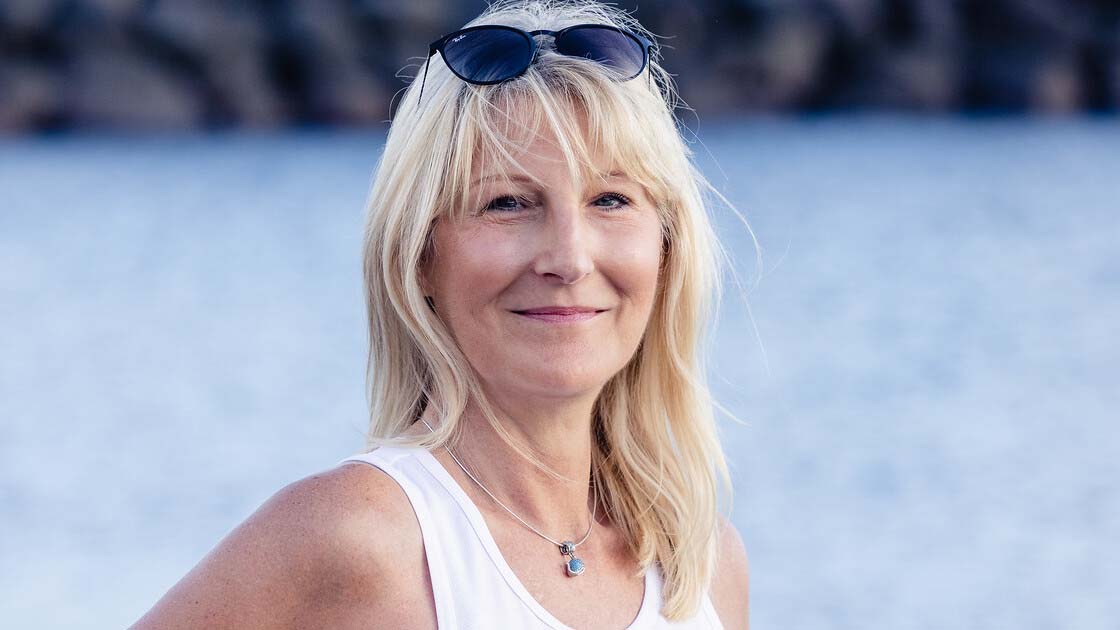
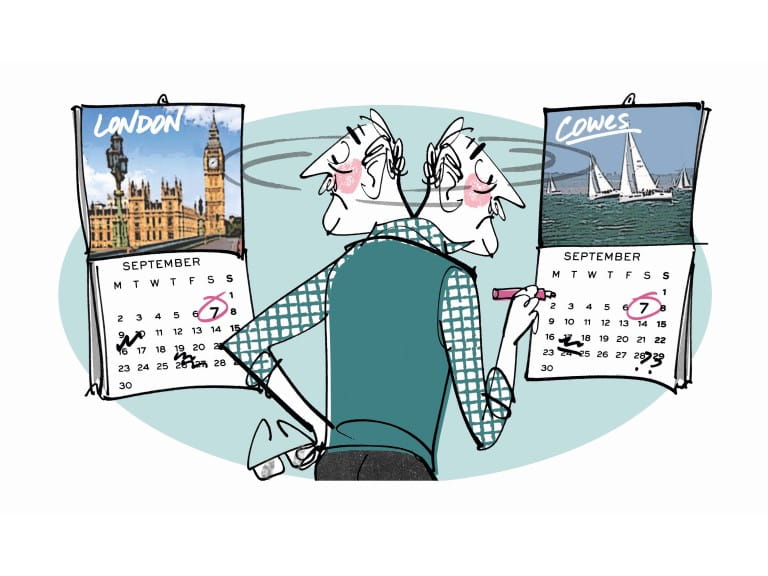
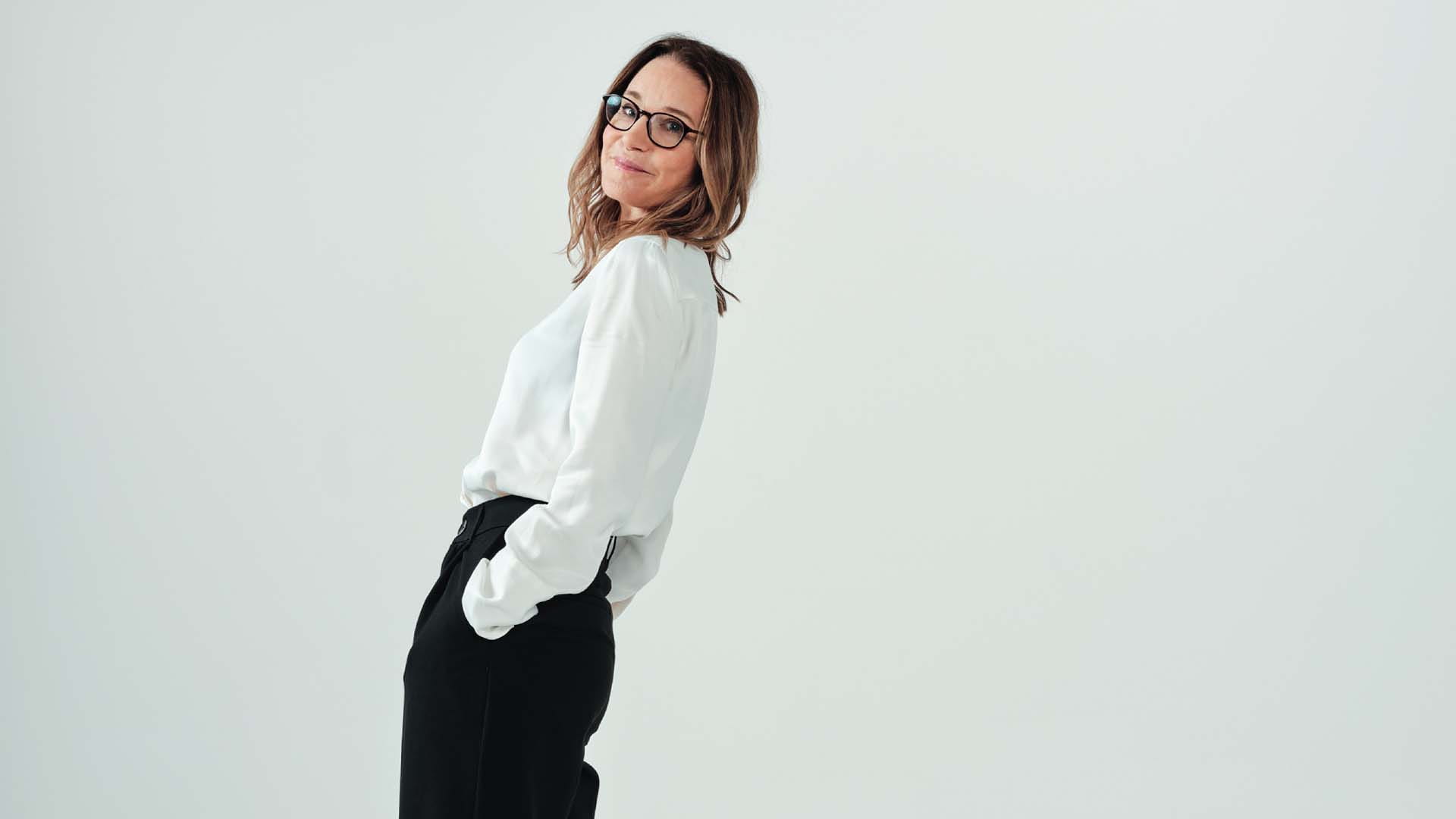

Women in the intelligence services did more than just take notes and chide flirtatious spies - many had real power and ran missions.
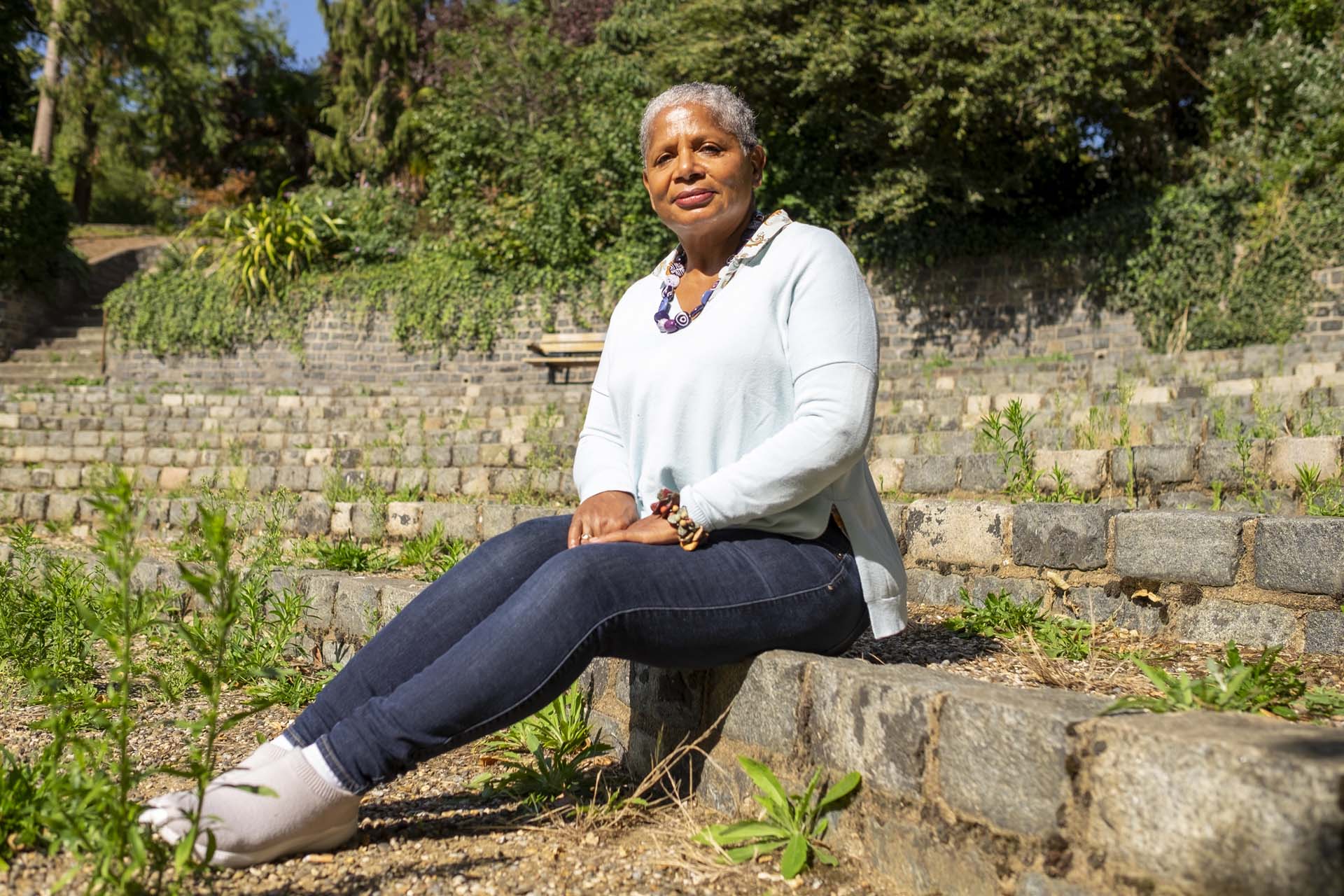
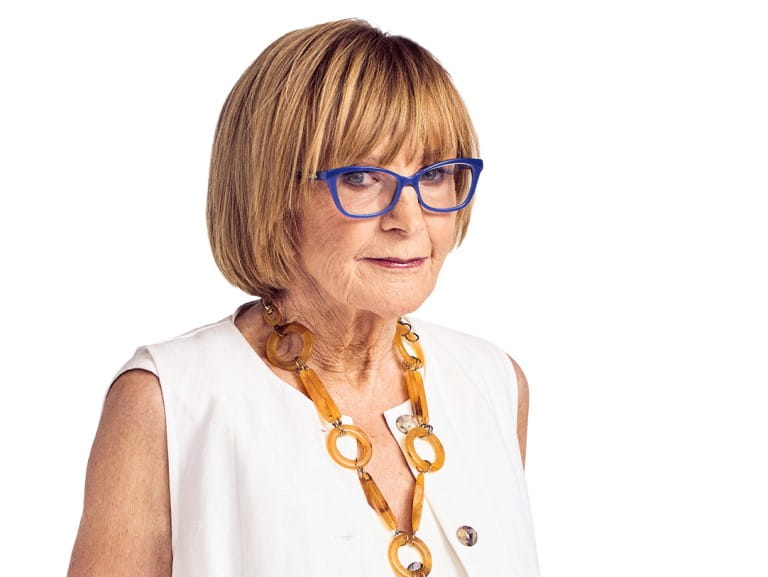
Anne Robinson on what to say when you read a friend's book and it's terrible.

Anne Robinson helps a man who thinks his life doesn't feel important after retirement, and asks how to find purpose again.
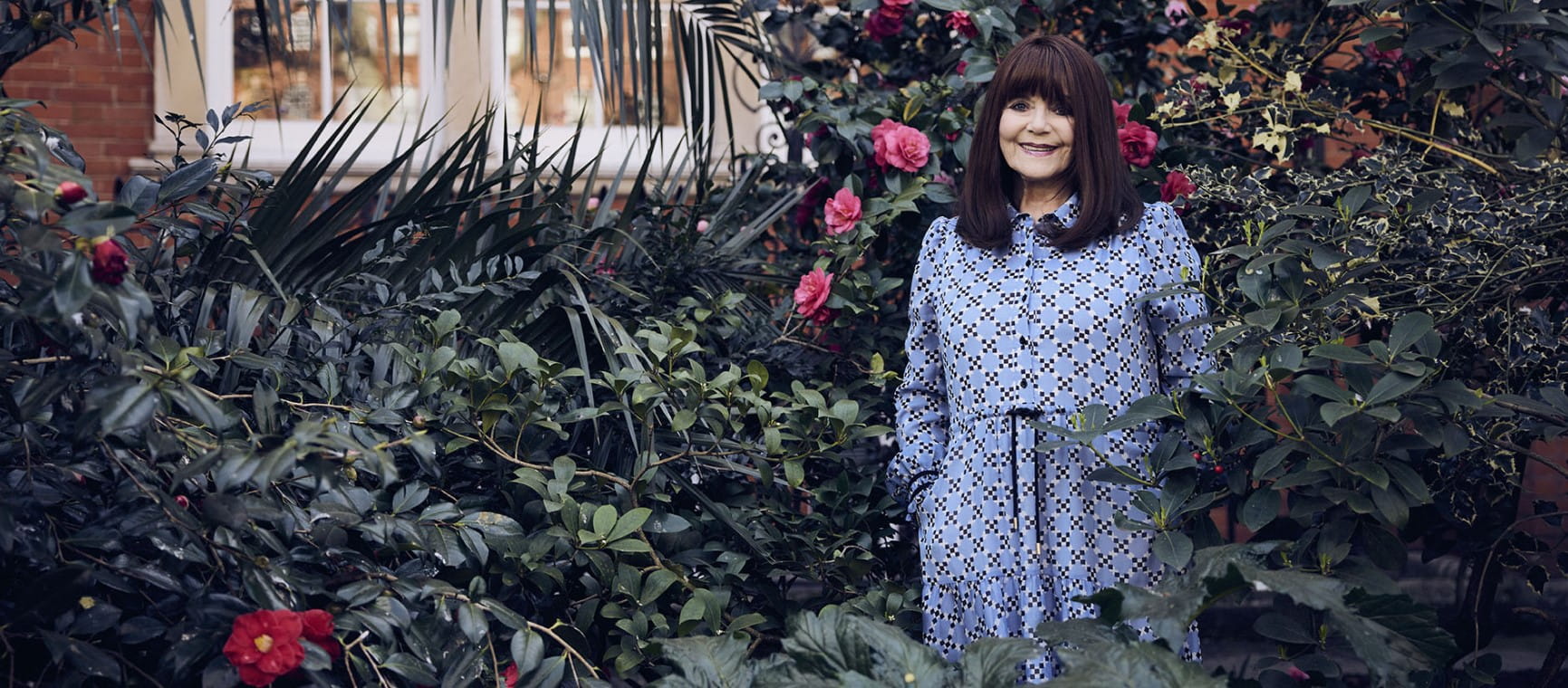
Dr Miriam Stoppard advises a widow on how to navigate modern dating etiquette and broaching the subject with her grown-up children.

Our columnist on the challenge of making a will and whether we should instead be spending our money on ourselves.
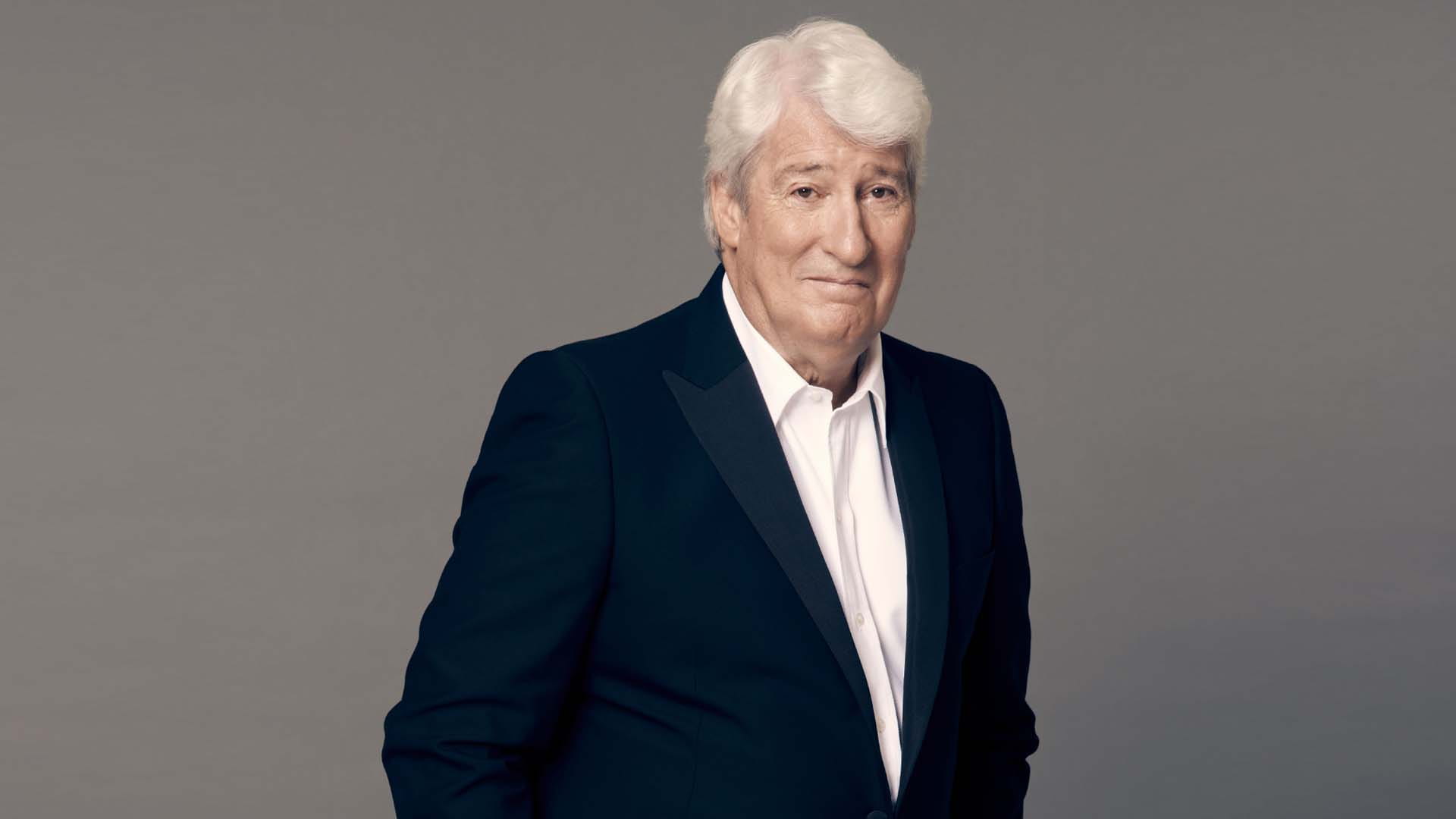

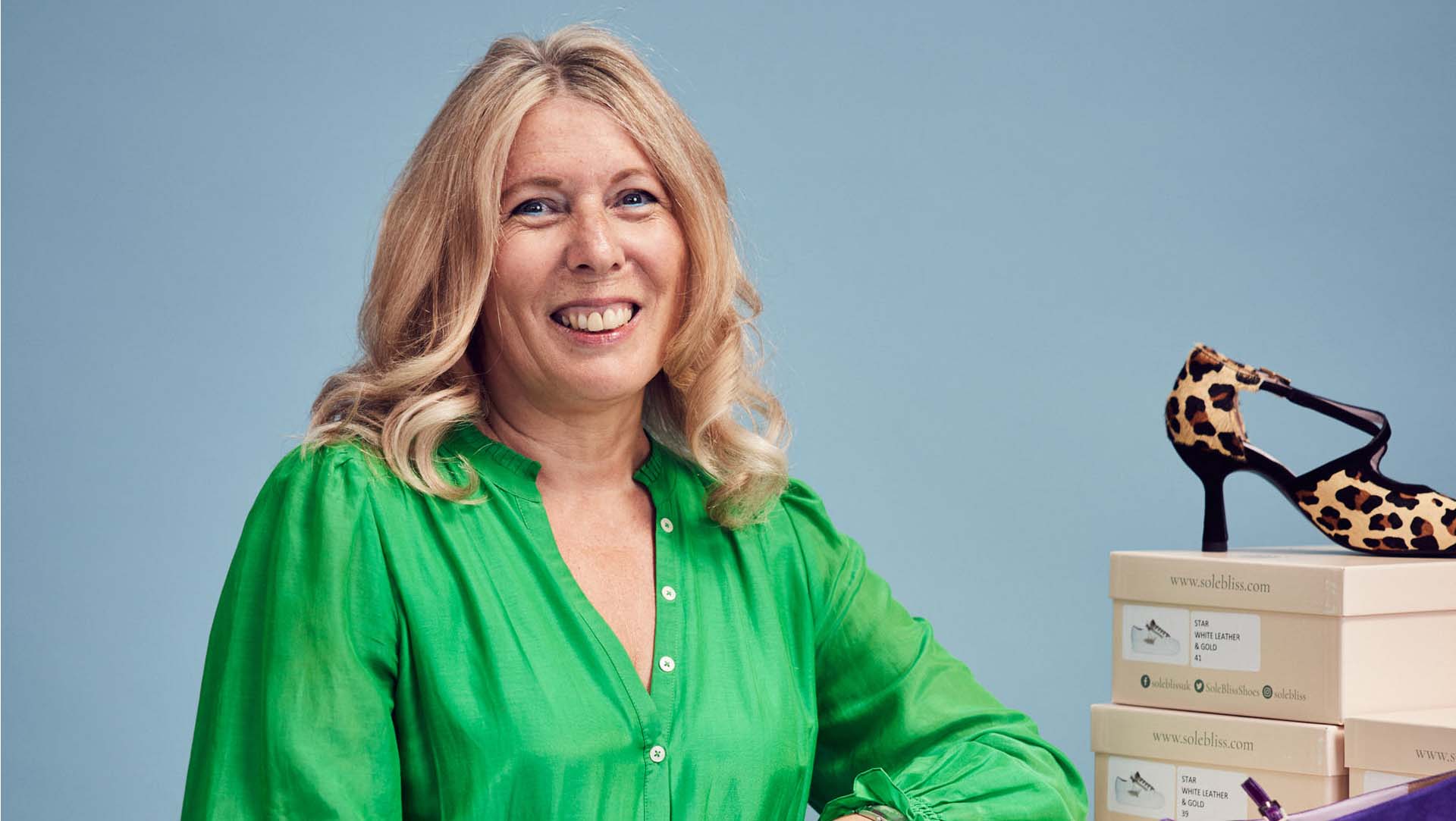

Self-publishing is becoming popular among older authors who want more creative control – and a bigger slice of the profits.
